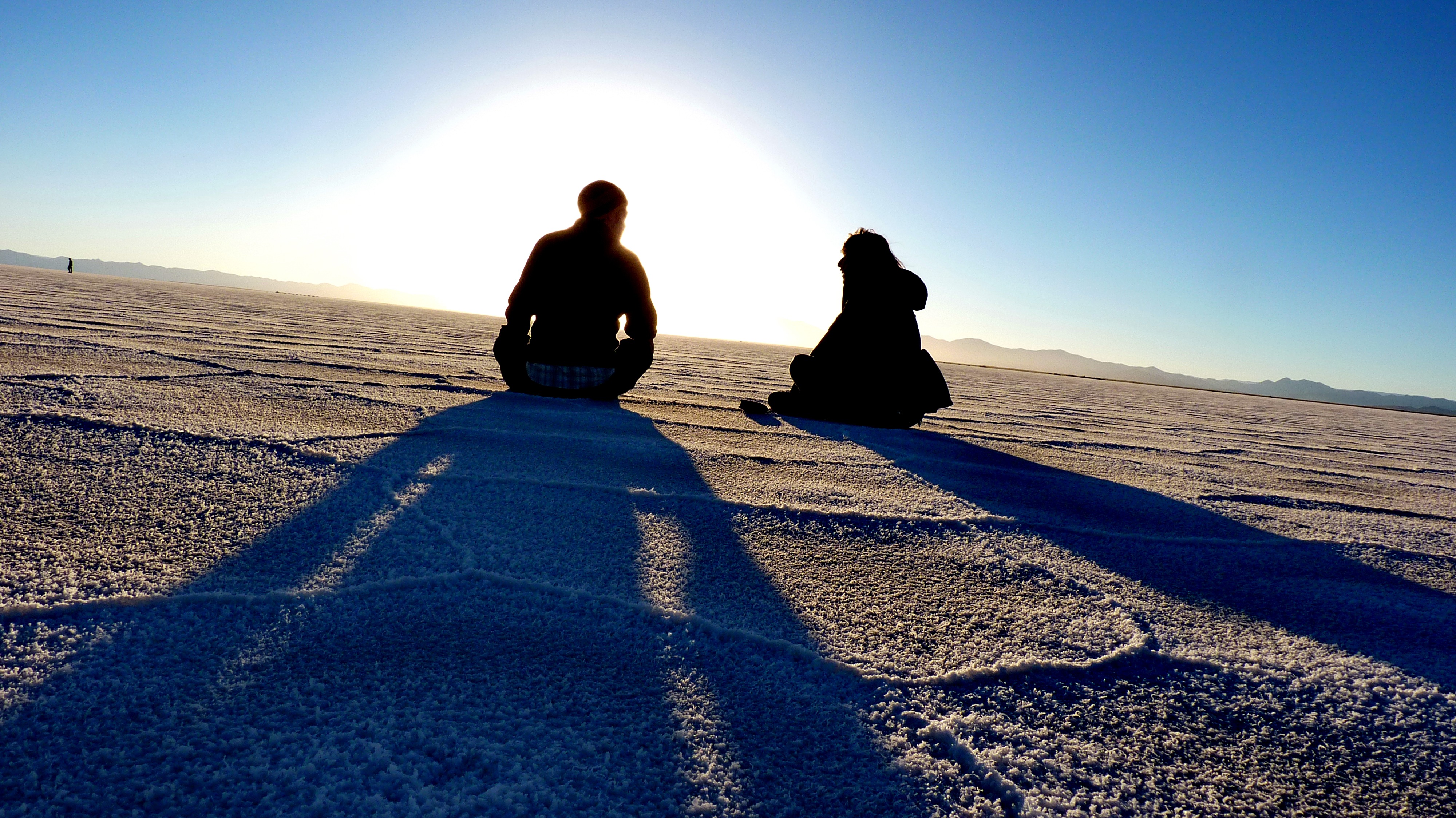
“Just let it go.” “Focus on the positive.” “Find your happy place.” These comments are often shared by friends, family, and co-workers to help ease the momentary pain, distress, and traumatic memories someone may be experiencing.
Redirecting mental focus from pain to perceived comfort in the moment is helpful, but it also perpetuates the continued denial, repression, and avoidance of discovering the initial cause or reason for the pain. The idea of exploring the root cause of physical pain, mental distress, and emotional trauma is familiar to those on a path of self-discovery and personal healing; the belief being if the root cause is not addressed, the symptoms will persist.
From this perspective, a collective symptom of our personal repression is the refusal to
- Acknowledge our past experiences
- Take personal responsibility for our actions
- Compassionately embrace the lessons learned into the fullness of who we are in the present
How can we overcome repression and unify what we refuse to acknowledge?
In a world that feels more polarized now than ever before in our lifetime, this deep exploration into the depths of our past offers insight into our current actions and choices. Experiences from our past create the feelings, thoughts, beliefs, and perceptions we bring into every moment, and subconsciously motivate our actions and choices. If peace, love, and unity is the goal, my question is: How can we unify what we refuse to acknowledge?
A reflection of our internal world
I believe our external world is a reflection of our internal world. When we encounter others who appear different than us—different skin color, religious traditions, language, or any other form of identity—we often approach them with a sense of apprehension. It’s natural to fear what we do not understand, because we subconsciously believe the unknown threatens our survival, and we project these internal fears onto those in our external world. If someone looks, acts, or even smells different than us, our natural instinct, a primal survival instinct, is to question them—to fear them—because we do not have a prior experience with them that assures our safety.
This fear of the unknown is the same reason many people resist exploring the dark hidden shadows within themselves; the places we lock away out of fear because we believe that if we travel into these recesses, we will experience physical, emotional, or mental pain. Yet, these places exist within all of us and are part of us whether we acknowledge them or not. If we truly desire to experience inner peace, compassionate self-love, and unity, these are the dwellings that need to be explored before we can accept them within others.
We are a continuation of our ancestors
We are a continuation of our ancestors and all those who lived before us. Each generation lived with their own collective morals, principles, and fears that guided their actions and choices. Their collective agreement of what constituted acceptable and non-acceptable behavior was created as a result of each individual’s contribution to the conversation. Some voices were louder than others, and those often became the most acceptable paths of least resistance. For others, the paths of least resistance simply continued archaic traditions of elitist familiarity, subjugated habits, and customary routines. Nevertheless, these were the standards of the time—and those standards change from generation to generation.
To apply the standards of past generations to our current moral standards is akin to looking at our actions as teenagers and judging them offensive, inappropriate, or discriminatory from our current standards as adults. It’s comparing apples to oranges. As teenagers, we made decisions based on impulse, hormones, and curiosity; we were learning about life and testing boundaries. Part of the process of self-discovery is remembering our past experiences, seeing our actions from a higher perspective, and thoughtfully exploring how we have grown and learned from the lessons they offered. From this higher vantage point, we are able to:
- See through eyes of self-compassion rather than self-judgment
- Recognize the underlying needs that motivated our actions at the time
- Accept with gratitude that those experiences are part of the fullness of who we are
Healing through unity
Events in our past, whether they be individual experiences or historical milestones in our culture, are part of our collective memory. We cannot simply let them go or continue repressing them. They are energetic threads woven into our present time calling for our attention. It is up to us to transform the chains within and around us through our willingness to travel into the darkness of the unknown with consistent courage and an open heart.
Healing and unity cannot happen by simply trying to forget painful or traumatic experiences. Healing and unity can only happen when hidden aspects within ourselves and our communities are acknowledged without judgment, transformed through different choices, and compassionately embraced into the fullness of who we are.
This article was originally published on WellDefined.com

